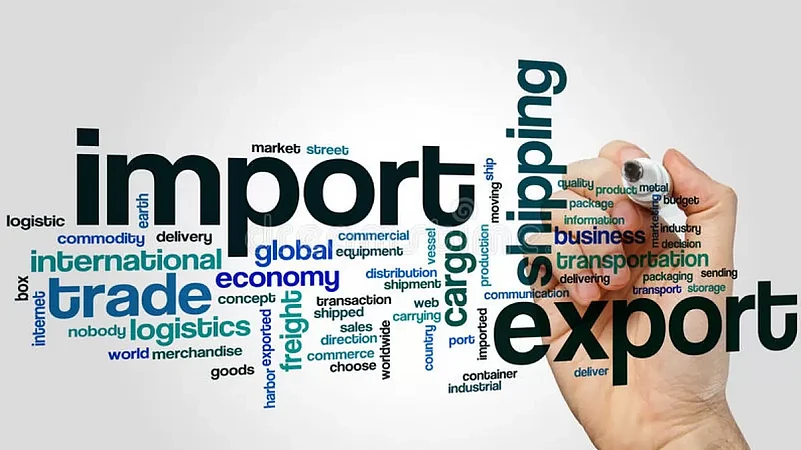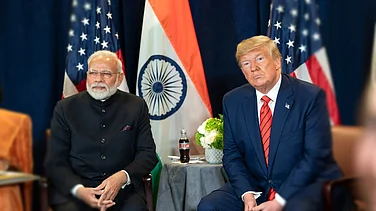Tagging a genuine exporter as "risky" will hurt India's exports and an inter-ministerial committee comprising representatives from finance and commerce ministries is required to consider all aspects before branding them under this category, a report said on Thursday.
Exporters are identified as "risky" based on specific risk indicators based on customs, GST (Goods and Services Tax), income tax and DGFT (Directorate General of Foreign Trade) data.
The identified risky exporters' information is shared with the central GST formations for physical and financial verification.
Economic think-tank Global Trade Research Initiative (GTRI) said that the Central Board of Indirect Taxes and Customs (CBITC) has announced procedures for handling such cases yet no timeline is adhered to.
The legitimate exporters bear the brunt due to the prolonged verification process and excessive documentation requirements before the issue is sorted, it said.
It claimed that the government has declared many genuine firms with substantial export performance as "risky" exporters and stopped payment of their dues and makes them follow "lengthy" customs procedures.
"This demoralises genuine firms and will dissuade them from exporting," GTRI Co-founder Ajay Srivastava said.
The rule is implemented by the CBITC whose drive to catch firms doing fake GST transactions ended up hurting many genuine exporters, the report said.
While the government is making plans for USD 2 trillion in exports, the issues at the field level need more sensitivity in handling.
"CBITC brands many exporters as risky exporters even though they never had any direct business transactions with the alleged fraudsters," the report alleged.
Citing an example to explain the CBITC process, it said firm 'A' does business with firm 'B' and entity 'B' does business with company 'C', which is also an exporter.
If CBITC suspects any wrongdoing by 'A', it may declare 'C' as a risky exporter even if 'C' never did any business with 'A'.
"The steps that follow such branding have the potential to destroy all business of the exporter," Srivastava said.
Once CBITC brands an exporter risky, it stops all refunds for Integrated GST, Drawback, and RODTEP (Remission of Duties or Taxes on Export Products) and other benefits.
"This starves the firm of most working capital," he said, adding, due to this branding, each consignment of that exporter undergoes exhaustive examination at the CFS (Container Freight Station).
"This results in firm spending more money and time delays. On-time shipments become uncertain. For an exporter handling 20 consignments monthly, significant monetary losses are inevitable. The exporter is unjustly treated as a criminal," he said.
The report also said that less than 10,000 firms contribute to over 90 per cent of India's exports.
"Government must hear them before taking extreme step of branding them as risky exporter. An inter-ministerial committee with representatives from Ministries of Finance, Commerce, and industry may be constituted which should consider all aspects before declaring an exporter as risky. All cases must be reviewed quickly," it said.
Despite no fault of their own, exporters hesitate to complain, fearing future harassment and ineffectual outcomes, it added.
"No communication happens with exporter while classifying him as risky. Many times, when consignment reaches the port or refund is delayed, exporter is generally informed by his CHA (custom house agents) that he/she has been tagged as risky at such stage," the report said.
Tagging Genuine Exporter As 'Risky' To Hurt Exports; Set Up Committee To Look Into Issues: Report
Economic think-tank Global Trade Research Initiative (GTRI) said that the Central Board of Indirect Taxes and Customs (CBITC) has announced procedures for handling such cases yet no timeline is adhered to

Budget 2023-24 And India’s Imports, Exports, And Current Account Deficit
Budget 2023-24 And India’s Imports, Exports, And Current Account Deficit
Published At:
MOST POPULAR
WATCH
MORE FROM THE AUTHOR
×
























